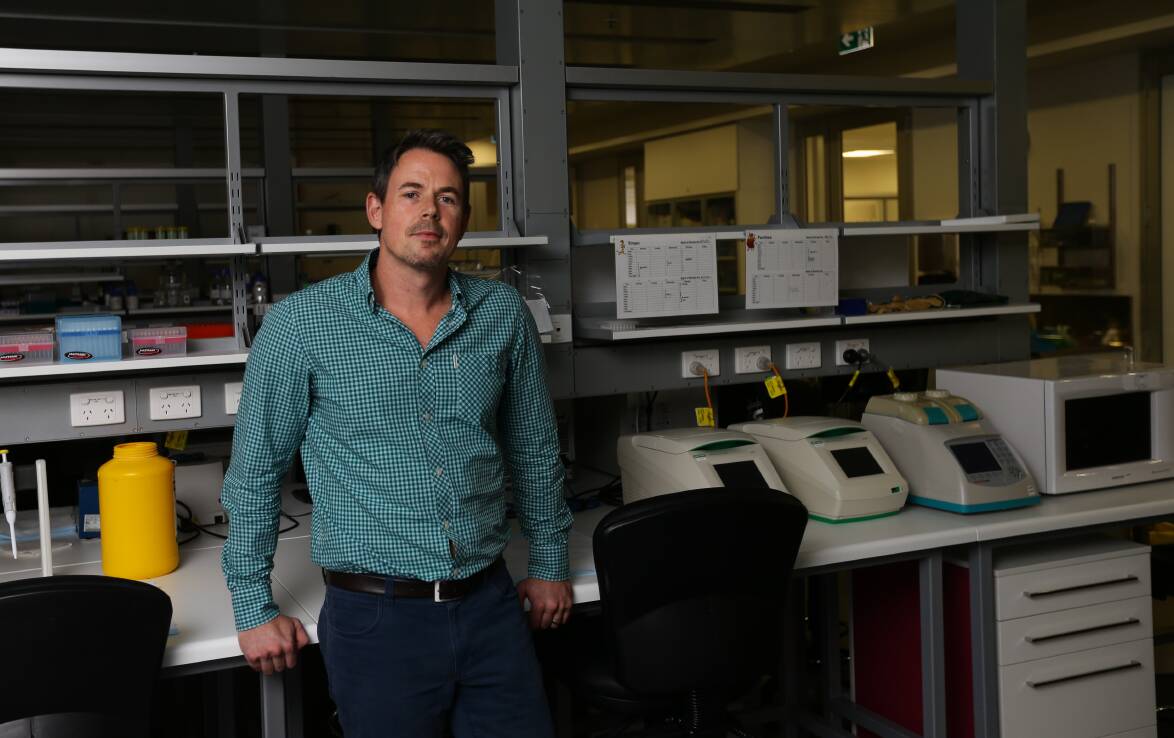People shouldn't be concerned about taking repeated shots of COVID vaccines in a bid to reduce the effects of more contagious Omicron subvariants, Newcastle virologist Nathan Bartlett says.
"What you're doing is restimulating a burst of antibodies in the blood," said Associate Professor Bartlett, of University of Newcastle.
"These antibodies are particularly good at protecting the lungs, so you'll get protection from severe disease and death. You might still get infected, but it might not be as bad."
On Tuesday, NSW Health revised the COVID-19 reinfection period from 12 weeks to four weeks.

NSW Health said people who had previously had COVID-19 should test again after 28 days, if still experiencing symptoms. Those who test positive again will be treated as new cases.
NSW chief health officer Kerry Chant said the Omicron BA.4 and BA.5 subvariants are circulating widely in the state.
The two subvariants appear to evade protection from vaccines and previous infections more easily than previous strains of the virus.
"We're urging people who have recently had COVID-19, even if they left isolation in the past four weeks, not to be complacent. If you develop symptoms again, make sure to test and isolate."
Dr Chant also urged people eligible for a booster shot to get it as soon as possible, ahead of an expected peak in cases in the coming weeks.
She said most cases of COVID-19 are mild, but some people are at risk of severe infection and may be able to access antiviral medications to treat their infection.
Dr Bartlett said the original Omicron, which was dominant earlier in the year, had "now been taken over by subvariants of Omicron, namely BA.4 and BA.5".
"If you had an earlier version of Omicron, it's probably not going to protect you very effectively from these subvariants," he said.
About 68 per cent of people over 16 in NSW have had three or more vaccine doses. Some appear reluctant to get boosters over opinions about effectiveness and side effects.
Dr Bartlett said the vaccines are safe and effective.
It had been more than six months since a lot of people had their last shot, so it made sense to "bump their antibodies back up".
He said a booster dose - whether it's a third or fourth shot - would provide "a burst of those antibodies".
"Antibodies will intercept a virus before it gets into your cells. If you have really good neutralising antibodies, you will be protected from infection."
He said these antibodies are designed to stop the virus from spreading in the body.
"By reducing the duration of virus replication in your body, antibodies also reduce the risk that you will transmit the virus to someone else. But antibodies naturally wane."
He added that people taking the same medication repeatedly was not a new idea.
"With some vaccines, you need four to five shots to get optimal immunity. For influenza you need a jab every year with an updated vaccine. It depends on what pathogen you are dealing with. Respiratory viruses are notoriously difficult to develop vaccines for. Getting long-lived protective immunity in the airways is challenging and these viruses are masters of immune evasion.
"We need to be prepared to respond with all the protective measures available, including vaccine boosters."







